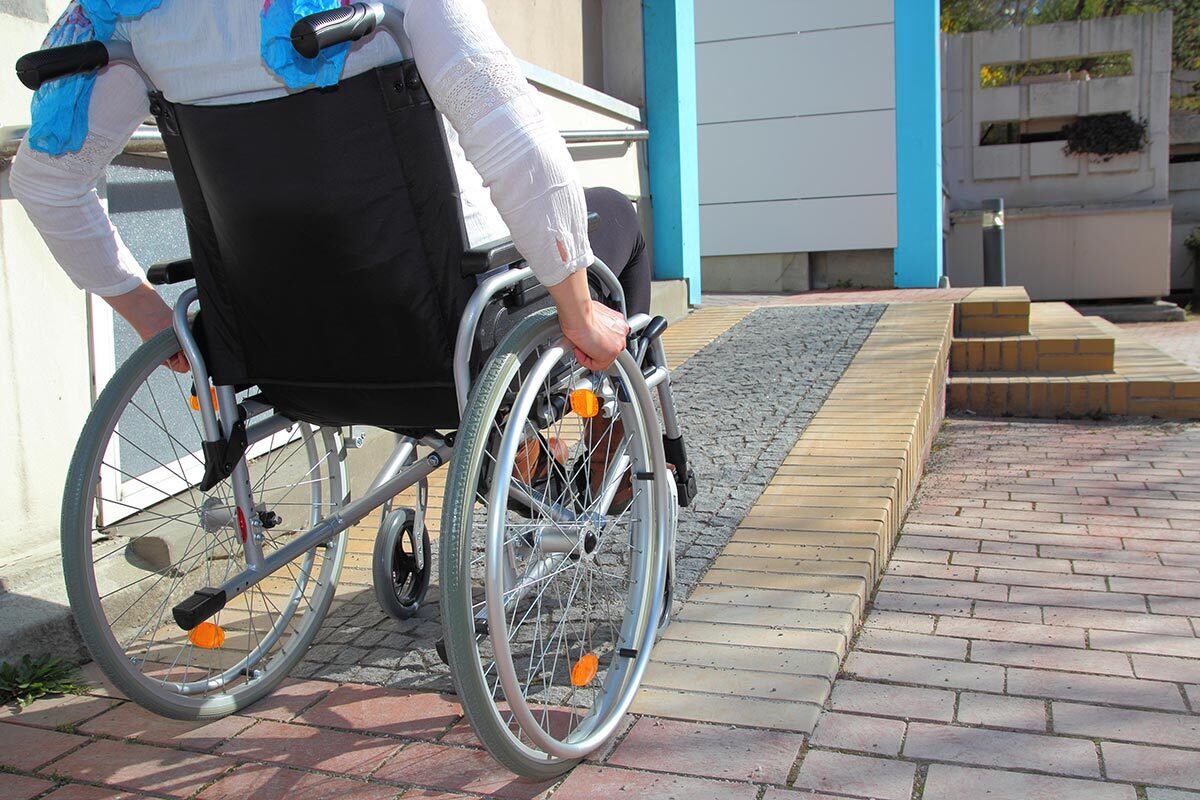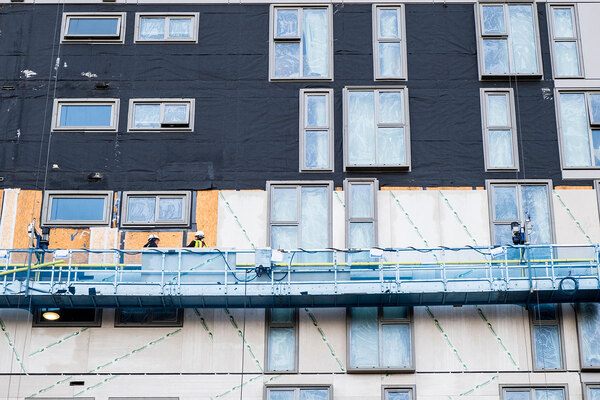You are viewing 1 of your 1 free articles
Council ordered to pay out £13,000 after resident with disabled son forced to install own adaptations
A council has been ordered to pay almost £13,000 after delayed disability adaptations forced a resident to install his own.
Making a finding of severe maladministration for Waverley Borough Council, the Housing Ombudsman said the delay meant the resident’s son, who has cerebral palsy, waited 18 months for the home to be suitable for his needs.
The watchdog concluded that while some factors were outside the council’s control, such as the COVID-19 pandemic, there were still unreasonable delays and poor communication throughout.
In April 2022, the resident confirmed he wished to proceed with adaptations to his home, including a new ramp and electronic front door.
It took the council five months to confirm there was a need for specialist contractors and a further six months for quotes to be obtained.
When the quotes were compiled, it was discovered that the cost of the works would be more than allowed in the local authority’s policy. Therefore, it needed to explore other options first.
However, it then took a further two months for the council to undertake a site visit to assess having the work done by its own contractors, and then another two months until it placed an order for the adaptations.
It was then a further three months before the council made a provisional booking for the works to take place.
By this point, 18 months had passed since the original indication from the resident that he wished to progress the adaptations, at which point he told the council he would undertake the work himself.
According to the watchdog, there were also several instances where the council failed to respond to the resident, including when he told it he was doing the works himself.
On top of the compensation, the ombudsman ordered Waverley to undertake a thorough review of its approach to disabled adaptations.
Richard Blakeway, the housing ombudsman, said: “Whilst not technically classified as urgent works, clearly they were immensely important to the family and should not have been unreasonably delayed to the extent that they were.
“These delays were compounded by the resident then sometimes being ignored. This was unacceptable during a period of time that the resident was trying to get vital adaptations for his son completed.
“I welcome the learning the landlord has taken from this case and urge other landlords to look at this case for lessons on how to deal with disability adaptations and the sensitivities in doing so.”
In a statement, Waverley Borough Council offered its “sincere apologies for the poor service” received by the resident and his son.
It said: “Waverley Borough Council accepts that there were unreasonable delays in dealing with an application made by one of our residents for adaptations to meet the needs of his disabled son, and that our communication with our resident could have been improved.
“The council has learned valuable lessons from this case and, as requested by the ombudsman, we are in the process of carrying out a comprehensive review of our policies and procedures around processing requests from our residents for disabled aids and adaptations to establish why, on this occasion, we did not meet our usual standards and to identify and make improvements to prevent errors occurring in the future.”
As part of the review, the council is conducting interviews with residents to gather feedback on the policy and will be reporting its final recommendations to Waverley’s landlord services board in September 2023.
The council is also taking the following actions:
-
Putting in place a clear and robust communications plan to ensure that tenants are regularly updated on the progress of their application for aids and adaptations.
-
Making sure that all relevant staff members have a thorough knowledge and understanding of aids and adaptations policy and procedure.
-
Creating a user-friendly tracker for monitoring live cases.
-
Keeping resource needs under continuous review so that it can deliver a high standard of service.
“We firmly believe that these actions will help to drive service improvements which will benefit our residents, and we would like to thank the housing ombudsman for highlighting this matter to us,” the council said.
Sign up for our asset management newsletter
Already have an account? Click here to manage your newsletters












